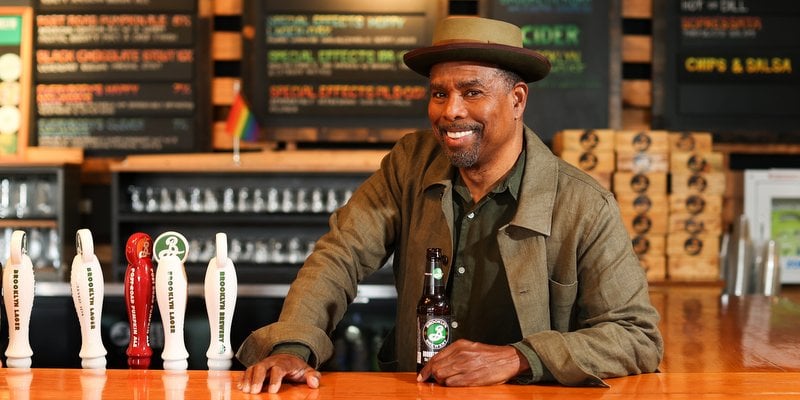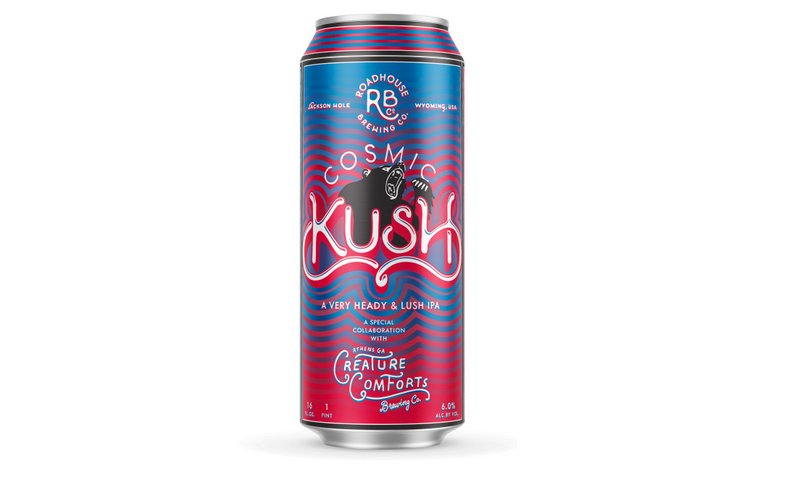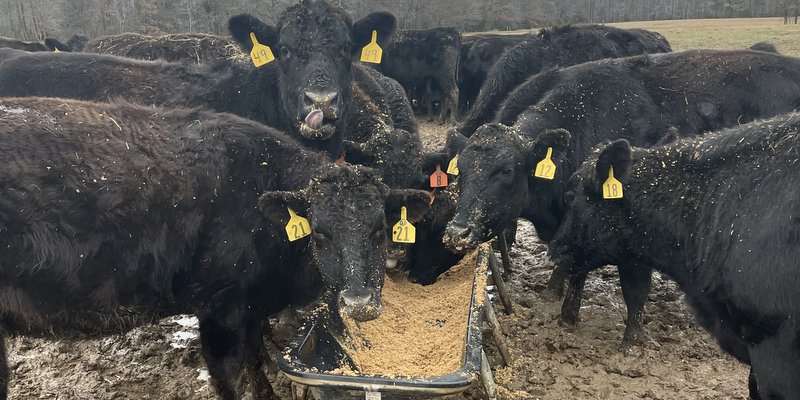
The World Brewing Congress (WBC) wrapped its event in Minneapolis on August 17-20, and I was thrilled to see sustainability featured in many meaningful, business-relevant ways. Join me as I share a mash tun of sustainability insights that show how the brewing industry is doing its part to listen to consumers, investors, and regulators while building a better future.
WBC is presented by the American Society of Brewing Chemists and the Master Brewers Association of the Americas, with active participation from the Brewery Convention of Japan, the European Brewery Convention, and the Institute of Brewing and Distilling. Besides the fantastic beverages, what flowed over the next few days provided attendees with plenty of inspiration for new projects and the creation of enough memories to last until the next WBC in 2028.
ESG insights
The conference began with a Keynote address by Katherine Smart, Chief Scientist at Diageo. She outlined their overarching plan for environmental, social, and governance to deliver triple-wins in carbon, community, and business performance. In one case study, they tested lightweight glass bottles manufactured in a new state-of-the-art facility with a partner.
Katherine perfectly set the tone for the conference with themes of investing in innovation and forging partnerships. With the ambition of aiming for “triple-wins,” perhaps more than one attendee had the same idea as me and sought out a Trippel Belgian-style ale as we moved to the breakout sessions for the remainder of the day.
Ingredient sourcing
Breakout sessions dove into specific project details in either presentation or poster formats. The most common sustainable strategy featured was ingredient sourcing. University of Minnesota researchers highlighted kernza as a far more sustainable perennial grain emerging as a viable option for use in many foods and beverages, including brewing.
Researchers from Asahi outlined how embracing the Japanese chisan-chisou concept for local sourcing and consumption using alternative starch sources is possible without compromising beer quality.
Kalsec demonstrated that using hop extracts to reduce use of less-sustainable dry hops brings numerous benefits, from costs to avoiding hop creep, while still delivering high quality. In a panel session, Rahr, Briess, Pfriem, and Boortmalt discussed sustainable malt processing.
The panel highlighted some significant headwinds in malting from climate change and GHG reduction targets, but also some big ideas already being implemented in plants today. With so many sustainability ideas in these sessions, attendees clearly had full heads, so some of us celebrated appropriately with a rich milk stout.
Sustainable processing
It was mentioned in a sustainability panel that setting sustainability goals forces tradeoffs between what can have the most significant impact, namely sourcing sustainable agriculture, or focusing on what is most directly in a brewer’s control, which is their process. To that end, sustainable processing was a theme with great interest among the brewers in attendance.

GEA and Ziemann Holvrieka GmbH each shared their unique wort boiling systems that improve energy efficiencies while delivering the quality demands of a top-notch beer. Novonesis outlined significant savings in water and thermal energy using lower temperatures in mashing, enabled by exogenous enzymes to maintain a high-quality brew. Improving the sustainability of yeast propagation was investigated from different angles. Escarpment Labs converted barley malt rootlets into media without sacrificing yield and fermentation performance with lower direct cost and improved greenhouse gas footprint.
Meanwhile, Novonesis showed how brewers can do away with yeast propagation altogether by using their frame-breaking frozen liquid yeast that delivers the performance of conventional yeast without the operational costs and complexity required of laboratory seed. Satisfied that it was possible to take control of sustainable goals without making tradeoffs, I avoided tradeoffs myself by opening a rich, floral, lower calorie Session IPA and brought it to the afternoon trade show.
Facility tours
Tours of Minneapolis-area operations throughout a sustainable value chain were valuable both as learning opportunities and for meeting new people.

A visit to the Bühler Group applications center highlighted their pilot plant capabilities in grain, legume, and seed processing, including state-of-the-art technologies for reducing waste, energy, and water usage. The impressive Rahr malting facility in Shakopee included the neighboring Koda energy plant, which used malt-cleaning hulls, rootlets, and other by-products as biomass for generating clean energy. I also met Jen Ibarra from Zevero, who helps companies measure, reduce, and report on their emissions.
During the Saturday tours, we enjoyed a lunch break at Utepils, an 18,000-square-foot neighborhood brewery with a taproom and a beautiful Biergarten, which included a tour of their craft operation. Their European-style beers are produced using the first vacuum evaporator with heat recycling among US breweries, which reduces energy use during boiling. The sustainable messaging of these tours paired well with their award-winning Bohemian Pilsner, so we enjoyed a sample.
Over the four-day conference, our hosts did a superb job making sure attendees were connecting, sharing ideas, and sharing a beer together. I left the conference realizing that sustainable brewing wasn’t only about reducing carbon, costs, or our impact on the soil and the air. The brewing community is sustained by a love of the craft and the memories shared over a beer. The WBC brilliantly brought together the community to reinforce these ties, leaving us with many ideas to brew for the future.
Craig Sherwin is a Senior Technical Service Manager at Novonesis. Novonesis is a global company leading the era of biosolutions-leveraging the power of microbiology with science and transforming the way the world produces, consumes, and lives. With 8 years of experience in enzyme applicatons at Novonesis and 14 years in the baking, snacks and dairy industries, he brings extensive food industry experience to his new role supporting Novonesis beverage customers.





Leave a Reply
You must be logged in to post a comment.